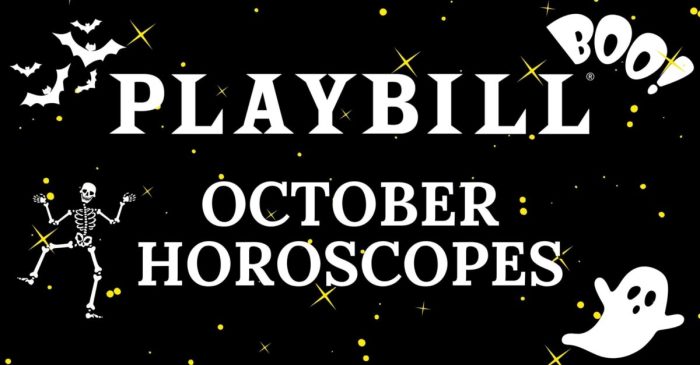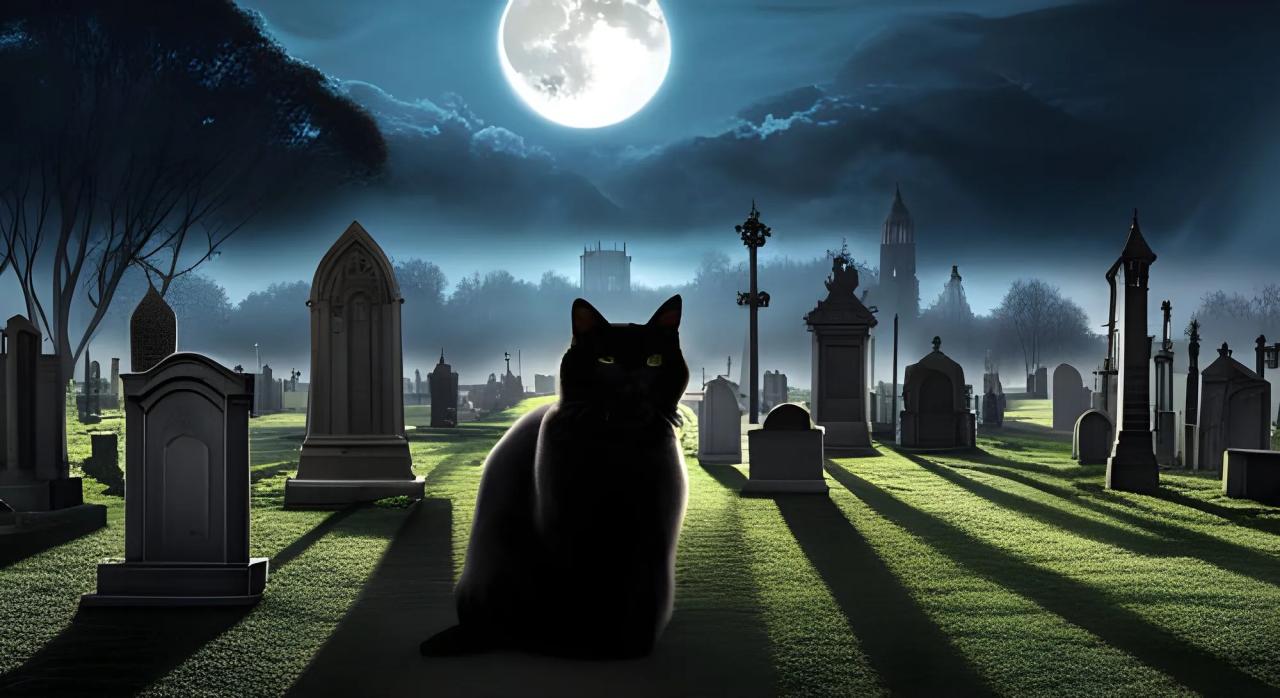In the realm of literature, few phrases evoke such a vivid sense of darkness and foreboding as ’tis now the very witching time of night,’ uttered in Shakespeare’s Hamlet. This enigmatic line, steeped in the beliefs and superstitions of its era, invites us on a journey into the depths of human nature and the supernatural.
The phrase, originating in Shakespeare’s iconic tragedy, serves as a potent symbol of the play’s brooding atmosphere and the protagonist’s inner turmoil. As night descends, casting an eerie glow upon the castle of Elsinore, the boundaries between reality and the supernatural blur, giving rise to a world where witches, ghosts, and madness intertwine.
Historical Context
The phrase “Tis now the very witching time of night” originates from William Shakespeare’s play Hamlet. In Act III, Scene II, the character of Hamlet utters this line while contemplating the supernatural events surrounding his father’s death.
During Shakespeare’s time, there was widespread belief in witchcraft and the supernatural. People believed that certain times of day, particularly the night, were particularly conducive to supernatural activity. The phrase “witching time” refers to this belief, suggesting that it is a time when witches and other supernatural beings are most active.
Cultural and Societal Beliefs
- Belief in witchcraft and the supernatural was widespread during Shakespeare’s time.
- People believed that certain times of day, particularly the night, were particularly conducive to supernatural activity.
- The phrase “witching time” refers to this belief, suggesting that it is a time when witches and other supernatural beings are most active.
Literary Analysis

Imagery and Symbolism
The phrase “Tis now the very witching time of night” uses vivid imagery to create a sense of darkness, mystery, and foreboding. The word “witching” evokes images of witchcraft and the supernatural, while the phrase “very witching time” suggests that this is the most powerful and dangerous time of night.
Atmosphere and Tone
The phrase contributes to the play’s atmosphere of suspense and uncertainty. It creates a sense that something is about to happen, and that the characters are on the verge of a dangerous encounter with the supernatural.
Themes and Characters
The phrase is significant in relation to the play’s themes of death, revenge, and madness. It suggests that the characters are entering a realm where the normal rules of reality no longer apply, and that they are about to face their own inner demons.
Dramatic Interpretation

Stage Productions
The phrase “Tis now the very witching time of night” has been interpreted in various ways in stage productions of Hamlet. Some actors deliver the line with a sense of fear and trepidation, while others deliver it with a sense of anticipation and excitement.
Different Meanings and Emotions
The phrase can be delivered in a variety of ways to convey different meanings and emotions. For example, it can be delivered with a sense of fear and trepidation, or it can be delivered with a sense of anticipation and excitement.
Notable Performances and Interpretations
- Laurence Olivier’s performance in the 1948 film adaptation of Hamlet is particularly notable for his delivery of the line “Tis now the very witching time of night.” Olivier delivers the line with a sense of fear and trepidation, which effectively conveys Hamlet’s state of mind at that moment.
- In the 2000 film adaptation of Hamlet, Ethan Hawke delivers the line with a sense of anticipation and excitement. This interpretation suggests that Hamlet is eager to confront the supernatural forces that are at work.
Cultural Impact

Beyond Shakespeare’s Work
The phrase “Tis now the very witching time of night” has had a significant impact on popular culture beyond Shakespeare’s work. It has been used in literature, film, and music, and has become a familiar expression for a time of darkness and uncertainty.
Use in Popular Culture
- The phrase has been used in a variety of popular culture contexts, including literature, film, and music.
- For example, the phrase is used in the title of the 1964 film “The Witching Hour” and the 1992 film “The Witches of Eastwick.”
- The phrase has also been used in songs by Bob Dylan, Leonard Cohen, and Bruce Springsteen.
Evolving Meaning and Significance
The phrase has evolved in meaning and significance over time. In Shakespeare’s time, it was used to refer to a time of supernatural activity. However, in popular culture, it is often used to refer to a time of darkness and uncertainty, or a time when something is about to happen.
Modern Relevance

Darkness, Fear, and the Supernatural, Tis now the very witching time of night
The phrase “Tis now the very witching time of night” continues to resonate with audiences today in terms of its themes of darkness, fear, and the supernatural. It suggests that even in the modern world, we are still fascinated by the unknown and the possibility of supernatural forces.
Applications in Modern Contexts
The phrase can be applied in a variety of modern contexts, such as art, literature, and social commentary. For example, it could be used to describe a time of political or social upheaval, or a time when people are feeling particularly vulnerable or uncertain.
FAQ Compilation: Tis Now The Very Witching Time Of Night
What is the origin of the phrase ’tis now the very witching time of night’?
The phrase originates from Act III, Scene II of Shakespeare’s Hamlet, uttered by Horatio as he and Hamlet keep watch for the ghost of Hamlet’s father.
What is the significance of the phrase in relation to Hamlet’s character?
The phrase reflects Hamlet’s growing disillusionment and despair as he grapples with the treachery and corruption that surround him. It also foreshadows the impending tragedy that will befall him and those he loves.
How has the phrase been interpreted in different stage productions of Hamlet?
Actors and directors have interpreted the phrase in various ways, emphasizing its ominous tone, its sense of anticipation, or its connection to Hamlet’s madness.
